A united Ireland would cost €20 billion per year for 20 years, resulting in large tax increases, cuts to public expenditure, and a financial burden on the six counties, but researchers suggest Northern Ireland can offset these impacts by increasing its own productivity.

Newly announced post-Brexit charges on plant and animal imports in the UK could lead to increased food prices, potentially impacting food inflation, according to British business groups. Importers are expected to pass the charges onto consumers, and smaller businesses and European exporters may be particularly affected. The charges are intended to cover the cost of operating post-Brexit border facilities and will come into effect on April 30.

The article discusses how the lowering of prices can boost sales, particularly in the context of electric vehicles (EVs) and the impact of tax credits on their affordability in the US.
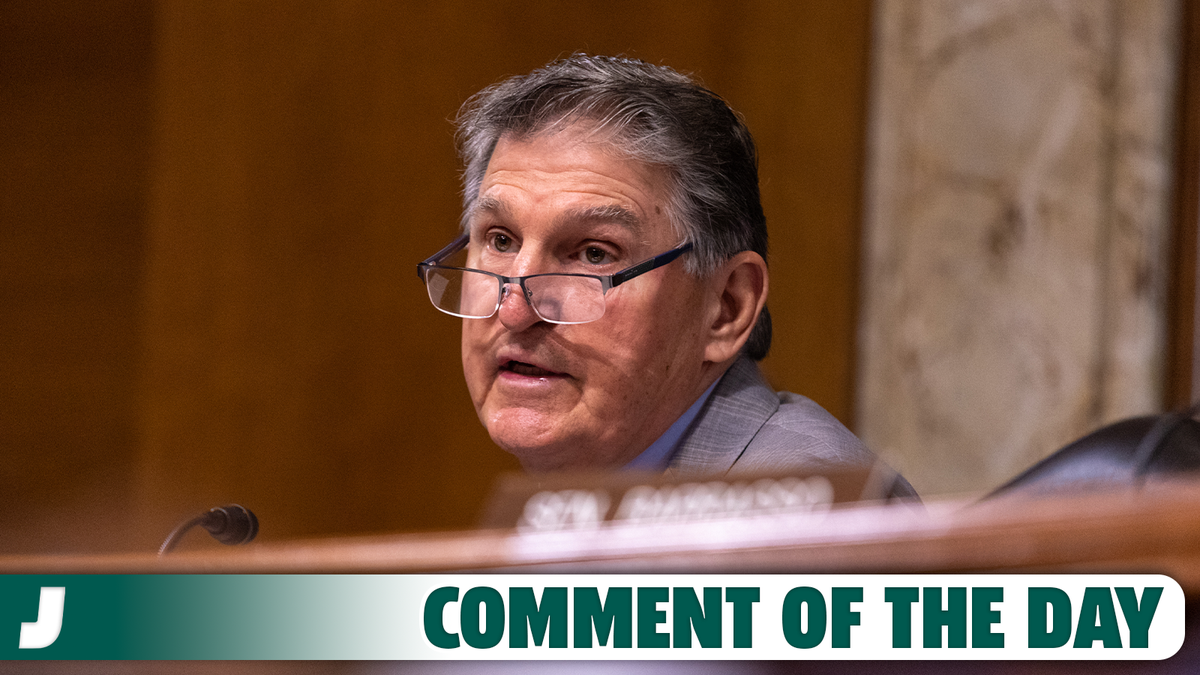
The pace of job cuts in the US increased in March, reaching the highest monthly layoff total since January 2023, with technology companies and the government experiencing the most significant losses.

The U.S. manufacturing sector is projected to face a significant shortage of workers, with up to half of the needed jobs remaining unfilled, according to a study by Deloitte and the Manufacturing Institute. The sector will require an additional 3.8 million employees between 2024 and 2033, but the skills and applicant gaps may hinder the ability to fill those positions, impacting future growth and global competitiveness. Initiatives such as training programs and flexible work arrangements are being suggested to attract and retain workers in the industry.

President Joe Biden's industrial policy, aimed at boosting sectors such as semiconductors and green technologies, is yet to have a significant impact on US factory employment, which has been essentially flat for over a year, due to high interest rates, a slowing economy, and the end of the COVID-19 demand surge for manufactured goods.

The extensive loan guarantees provided by Italy to help businesses during the COVID-19 pandemic and energy crisis are creating complexity and hindering efforts to address companies' debt problems, according to restructuring experts.

More than 90,000 jobs were lost in March, the highest number of cuts since January 2023, as companies adopt a "do more with less" approach, with a significant number of cuts occurring in the federal government sector.

Treasury Secretary Janet Yellen's trip to China will address the issue of China's flood of exports, particularly in the clean energy industry, as it poses a threat to other global car companies, while also highlighting concerns about overproduction and subsidized industries that hinder fair competition and economic growth.

As climate change and disease affect cocoa production, the Guittard Chocolate Company is preparing for a significant increase in the prices of cocoa.

The U.S. manufacturing industry is experiencing weak job growth despite a surge in the wider job market, as high interest rates, a slowing economy, and the end of COVID-19 demand impact the sector, while President Biden's industrial policy aims to boost semiconductors, electric vehicles, and green technologies, which experts say will take time to translate into factory jobs.

Federal Reserve chair Jerome Powell emphasizes the importance of incoming data in guiding policy decisions as new numbers on jobless claims and nonfarm payroll employment data are expected, while Europe's lagging economy leads to diverging rate cut expectations between the US and the European Central Bank.

Federal Reserve Chairman Jerome Powell's admission that inflation is winning has raised concerns for "Rich Dad, Poor Dad" author Robert Kiyosaki, who warns that people do not understand the implications for their finances and advocates for taking control of one's own money through investments in assets like gold, silver, and Bitcoin.

New York City's dining scene has rebounded strongly after the pandemic, with new, extravagant restaurants opening and nightlife spending exceeding pre-pandemic levels, reflecting the city's appetite for decadence and its divide between the wealthy and the economically struggling.
China's President Xi Jinping is doubling down on a plan to reshape the country's economy, blending techno-utopianism, central planning, and an obsession with security to dominate future industries, but the plan is flawed and will likely disappoint the Chinese people and anger the rest of the world.

House prices in the EU decreased by 0.3% in the fourth quarter of 2023, while rents increased by 0.6% compared to the previous quarter, according to data from Eurostat. However, when compared to the fourth quarter of 2022, house prices increased by 0.2% and rents increased by 3.0%.
.jpg)
Despite a 2% decline in average Wall Street bonuses in 2023 due to inflation, top executives and the wealthiest individuals are unaffected thanks to the stock market and Bitcoin surges, but junior bankers are cutting back as their smaller bonuses impact their livelihoods.

Federal Reserve Chair Jerome Powell states that the central bank should not lower the policy rate until there is confidence in inflation moving towards the 2% target, but analyst Tom Lee suggests the possibility of more than three rate cuts this year, citing poor seasonal adjustments.

Euro zone business activity expanded for the first time since May 2023, with a stronger than expected upturn in the services sector offsetting a deeper downturn in manufacturing, according to a survey.

Resentment towards the rich is evaluated in a culture section of The Economist, which examines the claims of two authors advocating for the abolition of extreme wealth.

The National Economic and Development Authority (Neda) Secretary Arsenio Balisacan stated that the Philippines' debt is still manageable and that the government plans to decrease the debt-to-GDP ratio further in the coming years.
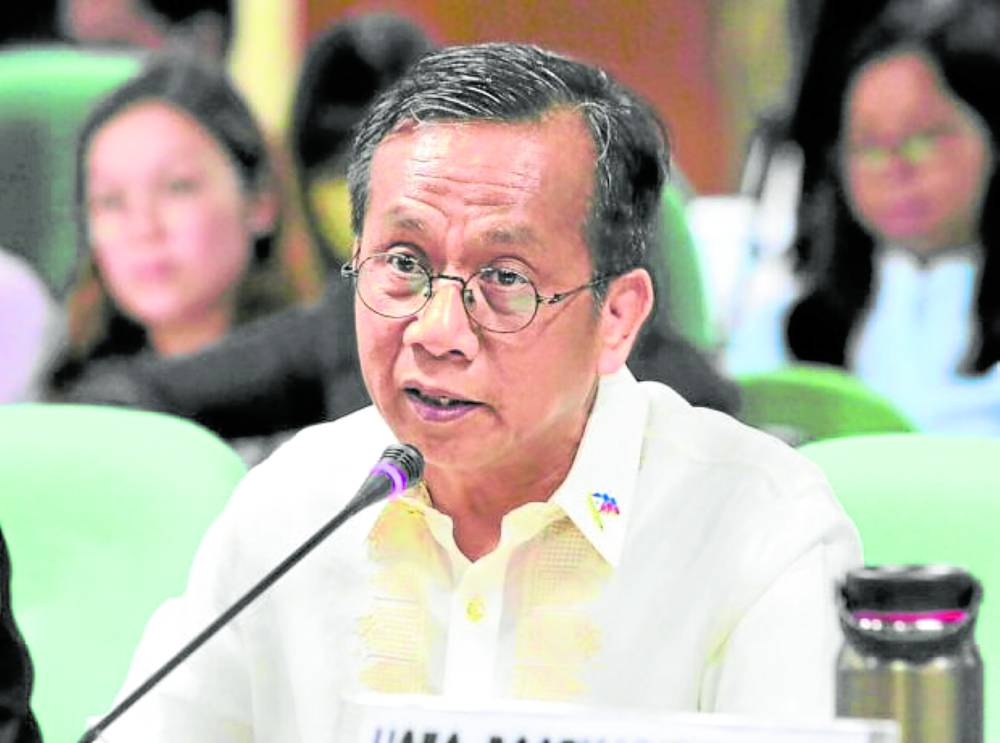
Dr. John Kwakye, Director of Research at the Institute of Economic Affairs, has criticized the Ghanaian government's reliance on foreign aid to support the local currency, warning of the risks involved and the potential pressure on the cedi when loans become due for repayment.

U.S. stocks decline after a Federal Reserve official suggests that interest rate cuts may not be implemented this year if there is no improvement in inflation.

India's services industry experiences faster growth in March with the services PMI increasing to 61.2, driven by strong demand and resulting in the quickest rate of job creation in seven months, while exports also grow at an unprecedented rate.

Italy is experiencing a strong economic recovery, with its economy growing at a greater rate than Germany's, primarily due to new debt and government-funded home renovation measures.

Grocery prices have increased by 21% in the last three years, exceeding the overall inflation rate, with some food prices remaining inflated by up to 10%, making buying food costly for consumers.

Thames Water, the UK's largest water company, reportedly owes £190m to Chinese banks, including the Bank of China and ICBC, following a credit downgrade by Fitch Ratings, which may result in the Chinese banks becoming shareholders if the loans cannot be repaid.

A group of 57 fossil fuel and cement producers, including nation-states, state-owned firms, and investor-owned companies, have been responsible for 80% of the world's CO2 emissions from fossil fuels and cement production since 2016, according to a report by InfluenceMap. The top three emitters during this period were Saudi Aramco, Gazprom, and Coal India.

France's new Prime Minister, Gabriel Attal, is proposing reforms to the country's support system for unemployed individuals in order to reduce the government deficit, potentially including reducing the length of benefit payments, modifying eligibility criteria, or lowering the amount of money paid out to claimants, with concrete plans expected in the autumn.
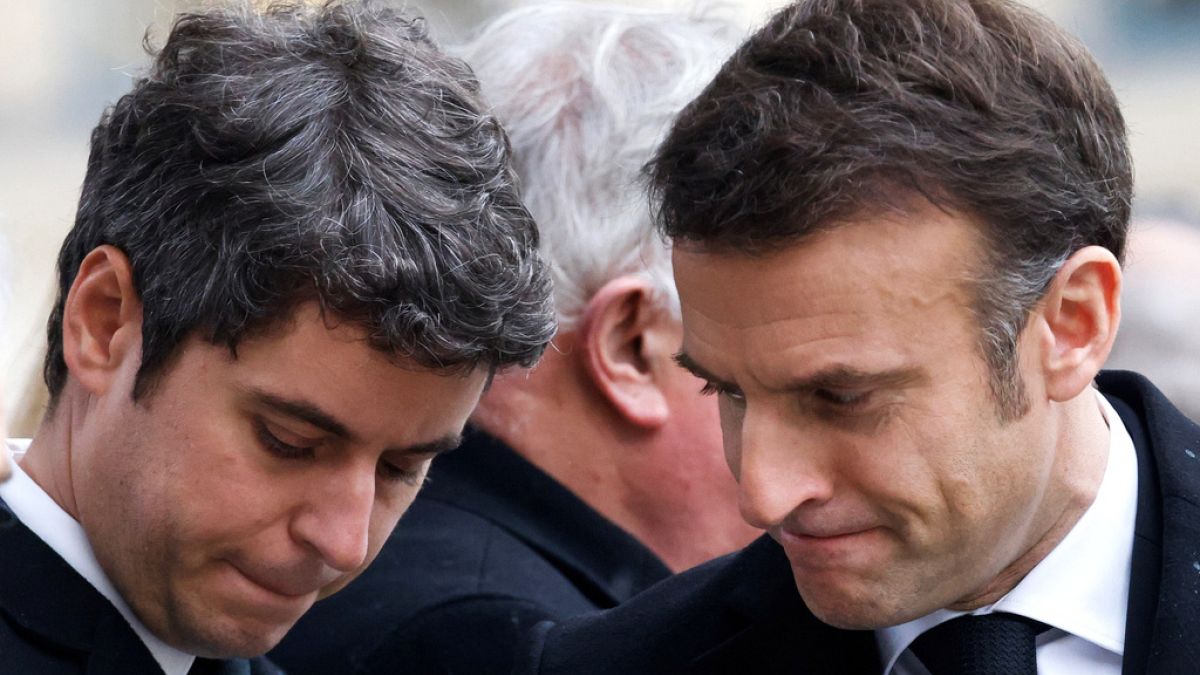
Chinese economist Wu Jinglian, known for his liberal views, has urged for a return to basics and the building of an open and competitive market in China's economy through reforms and tech innovation. Despite President Xi Jinping's pledges for reform and openness, concerns remain over China's regulatory environment and state ownership. Challenges such as a property slump, mounting local government debt, and an aging population continue to weaken confidence in the private sector. International calls for deep structural reforms to enhance economic performance persist.
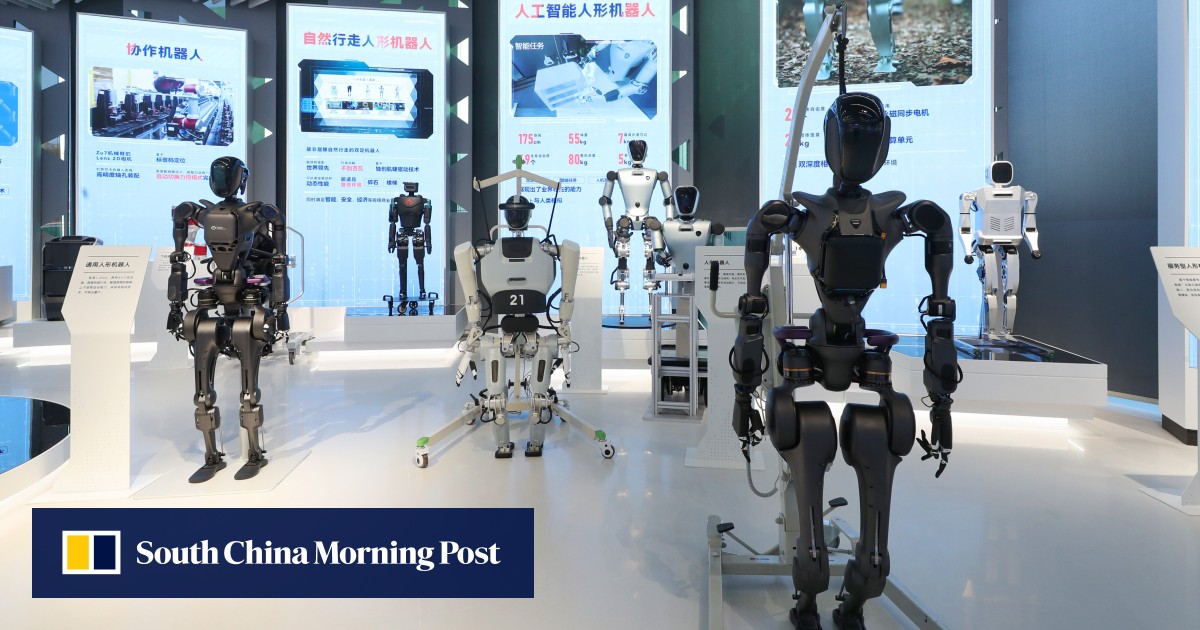
Europe's energy crisis is showing signs of improvement as gas storage facilities reach record highs and wholesale market prices fall, resulting in lower energy bills for consumers; however, experts warn that the crisis is far from over due to the lingering economic impact and decreased demand for gas from heavy industry, hindering a full recovery.
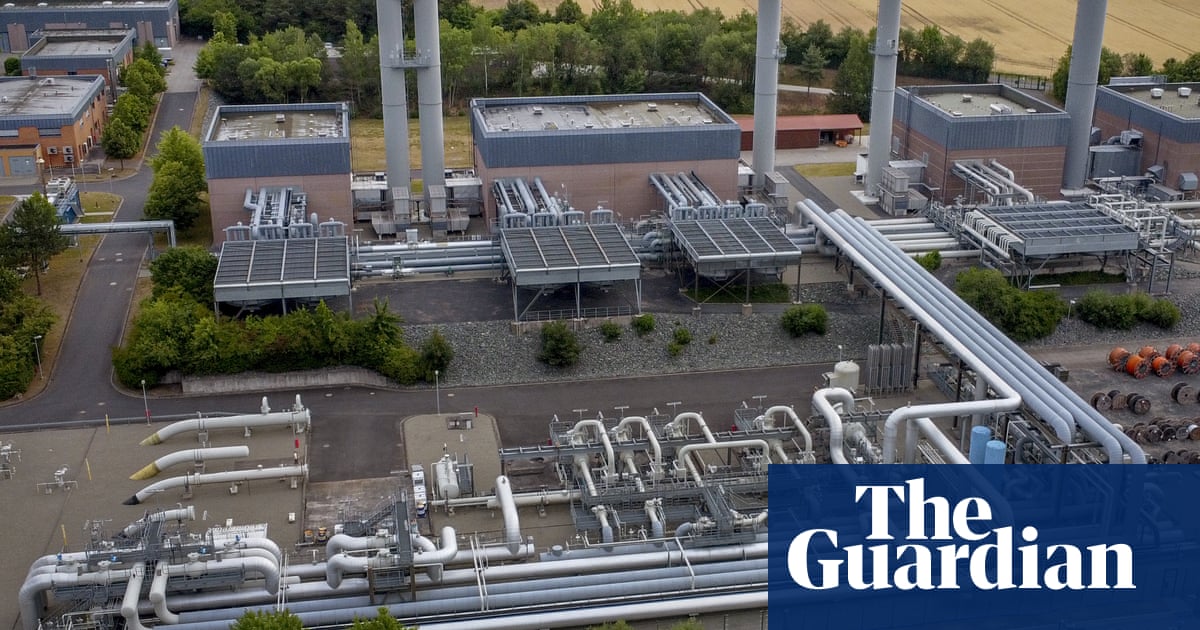
The World Bank warns that Pakistan's economic growth is expected to remain below 3% for the next two years unless major structural reforms are implemented, as policy constraints and a large state presence continue to hinder sustainable economic growth in the country.

Russia plans to more than double its acquisition of gold and foreign currency in April, as part of its strategy to diversify away from the US dollar and protect against its fragility, further challenging the global reserve status of the greenback.

Treasury Secretary Janet Yellen suggests that the US will keep the option to protect new industrial sectors against China, particularly in clean energy, due to China's massive state investments in these areas.

The dollar remains near recent peaks as traders find reassurance in Federal Reserve Chair Jerome Powell's remarks on potential interest rate cuts, while also awaiting the latest U.S. labor market data.

The World Bank has found that power and gas circular debts in Pakistan have increased by an average of Rs135 billion to Rs5.5 trillion, prompting the bank to call for more action to recover the true cost of supply and address structural issues and inefficiencies in the power sector.

Equities in Asia rise after Federal Reserve Chair Jerome Powell reiterates that the central bank will likely cut rates this year, providing support for risk assets; US equity futures and underlying benchmarks also edge higher.

Americans are spending a higher percentage of their income on food compared to the past 30 years, but it is still significantly less than what was spent in 1901 when food made up 42.5% of the household budget, according to the Bureau of Labor Statistics.

Japan's recent interest rate hike has not strengthened the yen due to several factors, including lower rates compared to the rest of the world, limited intervention, low market volatility favoring carry trades, and a lack of export growth.

Treasury Secretary Janet L. Yellen's visit to China will be hindered by election-year tensions, making it challenging for the two countries to find areas of cooperation on trade and investment.

China's financial industry and regulatory regime will undergo a major restructuring to serve national objectives such as sustainable growth and advancement in the global tech race, as outlined by the Central Financial Commission (CFC), a regulatory body established under the Communist Party. The CFC aims to deepen financial supply-side structural reform, rein in unsustainable practices, prioritize functionality over profitability, and provide inclusive services. Financial institutions should expect top-down directives and overhauls as China aims to become a "financial superpower."

Research suggests that an erratic work schedule can lead to long-term consequences such as poor sleep, decreased mental function, and depression, in addition to the drawbacks of tiredness and missing out on family time; other news includes Disney's victory in a battle against activist investors, the denial of former President Donald Trump's motion to delay his hush money trial, a devastating earthquake in Taiwan, concerns over a Baltimore bridge's vulnerability to a ship collision, rising egg prices due to bird flu outbreak, and a dramatic helicopter rescue in California.
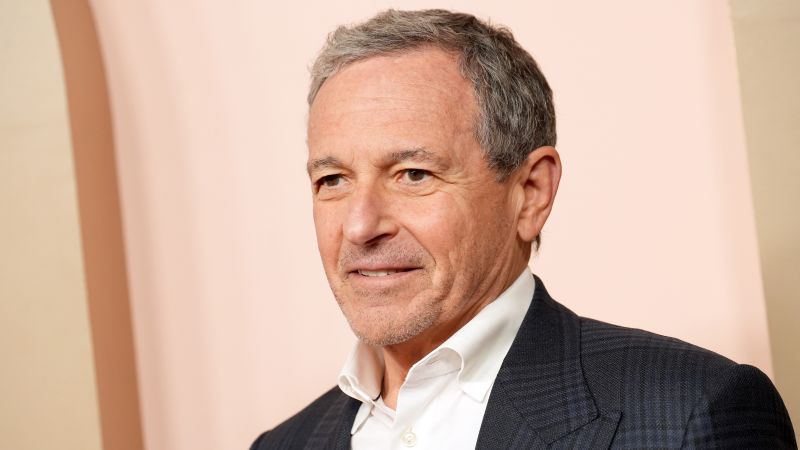
Former President Trump posted a $175 million bond in his New York civil fraud case with the help of California billionaire Don Hankey, preventing the seizure of his properties and allowing him to appeal the case.

Federal Reserve Chair Jerome Powell has stated that the Fed will wait to see if inflation persists before implementing interest rate cuts, despite progress in combating price increases, as reducing rates too soon or too much could reverse the progress made on inflation and require tighter policy to reach the 2% target.

Federal Reserve Governor Adriana Kugler predicts that inflation could moderate further without significant harm to jobs or economic growth, potentially leading to interest rate cuts this year.

The rich world's policymakers must be agile and adjust interest rates more quickly and to a greater extent as inflation becomes more volatile, requiring them to act more like their counterparts in emerging markets.

Ulta Beauty's CEO warns of a potential cooling demand for beauty products, causing a drop in the company's stock, with uncertainty as to whether this is a short-term trend or a larger consumer shift.
Hedge fund billionaire Steve Cohen believes that the Federal Reserve will struggle to bring inflation down to its 2% target due to underemployment and potential upward pressure on wages if economic growth remains strong. Despite his skepticism, Cohen acknowledged that inflation has been somewhat contained.

Despite two major bull markets in recent decades, the wealth gap in America has continued to widen, with a small percentage of families owning the majority of wealth, leaving most Americans struggling to make ends meet and unprepared for retirement. The lack of savings and investment among the average American is attributed to both psychological factors and a lack of capital, with the bottom 80% of income earners forced to live paycheck-to-paycheck and rely on debt. The increasing wealth gap and growing debt levels pose significant threats to long-term economic growth and the stability of the middle class.
Federal Reserve Chair Jerome Powell believes that the outlook for inflation remains unchanged and expects to lower rates at some point this year, while also stating that the Fed's monetary policy is not influenced by elections.